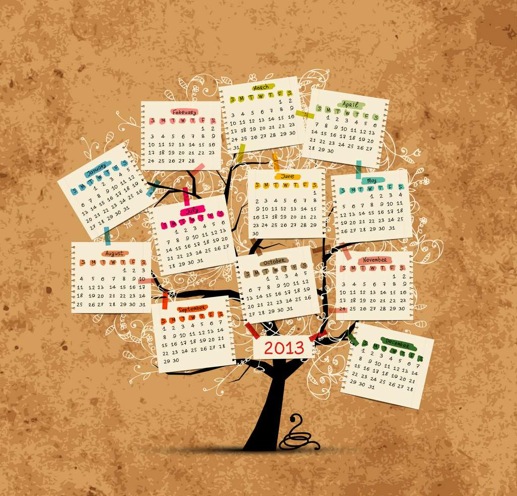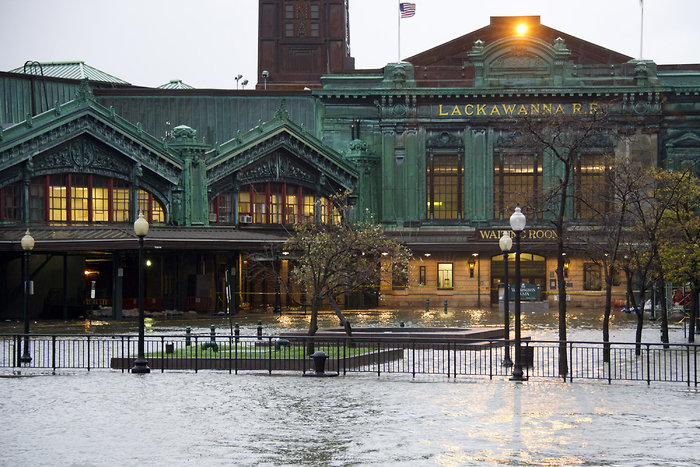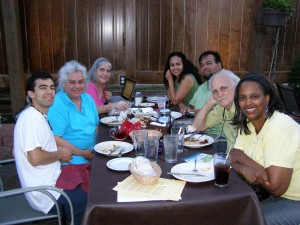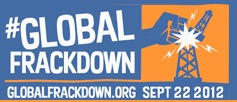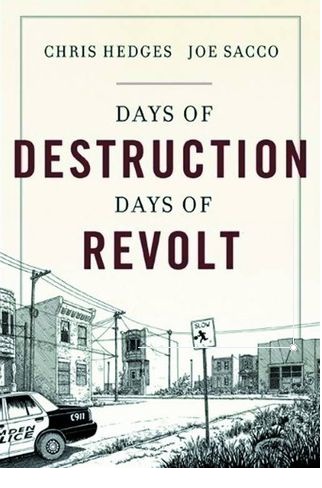Check back for updates.
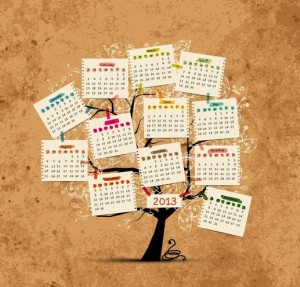 Newark-Montclair Urban Teacher Residency – Apply through 3/15
Newark-Montclair Urban Teacher Residency – Apply through 3/15
The Newark-Montclair Urban Teacher Residency is an innovative Master of Arts in Teaching (MAT) program offered at Montclair State University in partnership with the Newark Public Schools. Participants will receive free tuition and a $26,000 stipend. A 3-year teaching commitment is required.
Residents enroll in full-time graduate coursework each semester (summer sessions included) and participate in summer internships with community based organizations in the city of Newark. Applications are currently being accepted for Secondary level (K-12) subject matter certification in mathematics or a field of science. Final Application Deadline extended till Friday, March 15, 2013.
More at http://greenwei.com/blog/free-tuition-stipend-for-msu-masters-urban-teacher-residency/
Is Our Water Safe To Drink?
Public Hearing in East Orange sponsored by Councilwoman Alicia Holman
Wednesday, March 6, 2013 6:30 – 8:30pm
CITY HALL, 44 CITY HALL PLAZA, E. ORANGE
https://www.facebook.com/events/557057327645425/
Newark Kids Count 2013 Forum
Wednesday, March 13, 2013 9:30am – 2:30pm
The Paul Robeson Campus Center
350 Dr. Martin Luther King Jr. Boulevard, Newark
https://www.facebook.com/events/386113894821185/#
Using an interactive format, we will explore issues that threaten Newark children and identify concrete next steps that we, as a community, can take. We will focus on two broad areas – child and maternal health and early literacy. Special guests include Newark’s Branch Brook Elementary Principal Joseph Cullen, whose students achieve well above city and state averages on reading tests. The event is free, but you must register to attend. A complimentary breakfast and lunch will be provided.
Register at http://wfc2.wiredforchange.com/o/8716/p/salsa/event/common/public/?event_KEY=71612. For more information contact Reggie Dorsey at rdorsey@acnj.org
NJ Land Conservation Rally
One-day educational conference about preserving
New Jersey’s open space and farmland
Saturday, March 9, 2013 9am – 5pm
NJ Institute of Technology
Newark, New Jersey
Online registration will close at 5 p.m. Tuesday, March 5. Registration fee will remain at $80 per person for a full day of educational & inspiring workshops, breakfast, lunch and social reception. Register online today! Registration will also be accepted at the door.
If you live or work in Newark, Rally scholarships are available, thanks to Victoria Foundation. To become eligible: download, fill out and return registration form.
1st Annual Patricia Harris Parent Summit
Saturday, March 9, 2013 9am – 5pm
John F. Kennedy High School
Paterson NJ
Citywide Parent Summit to continue Pat’s legacy of effective parental involvement and engagement in school improvement.
https://www.facebook.com/events/481929115201697/
Kokokidz Latino Youth Peer Empowerment Group Meeting
Sunday, March 10, 2013 5-6:30pm
Villa de Colombia
12 Mercer Street
Hackensack, NJ
https://www.facebook.com/events/427537817332045/
Young Latinos support each other in the areas of career, education, applying for scholarships, civic engagement, sustainability practices and cultural preservation in their communities. Kokokidz meets once or twice a month in Hackensack or another North Jersey town. If you’re a Latino student junior high school through college age, Kokokidz will help you be more effective in your life and learn to make positive change happen in your school and community.
Contacts:
Ivan Wei 201-688-0036 @ivanwei
Luis Ariel Lopez Wei @lalwei
If you’re available as an adult mentor please contact our advisor Kimi Wei on Facebook or Twitter to discuss volunteer opportunities.
Community Service: We are looking at different types of community service opportunities. If you have a cause or event you’d like us to engage with please share details.
Kokokidz is currently helping with the movement to Close New Jersey schools on Martin Luther King Jr. Day https://www.facebook.com/pages/Close-NJ-Schools-on-MLK-Jr-Day/276810379041778
Climate Action Meeting at Cook College
Sunday, March 10 7pm
Cook Campus Center (Rutgers)
59 Biel Road, Room 202, A & B
New Brunswick, NJ
The meeting will begin with a video chat featuring Bill McKibben of 350.org, followed by a discussion of what actions to do next on the local, state and national levels. Come with ideas and bring friends. The momentum depends on each one of us to act now! For a short capsule of the February 17 Forward on Climate rally event go to https://www.youtube.com/watch?feature=player_embedded&v=anXE46utpo8
Sponsored by Melanie McDermott, Initiative on Climate and Society, Rutgers University and Tina Weishaus, Central Jersey Coalition Against Endless War
